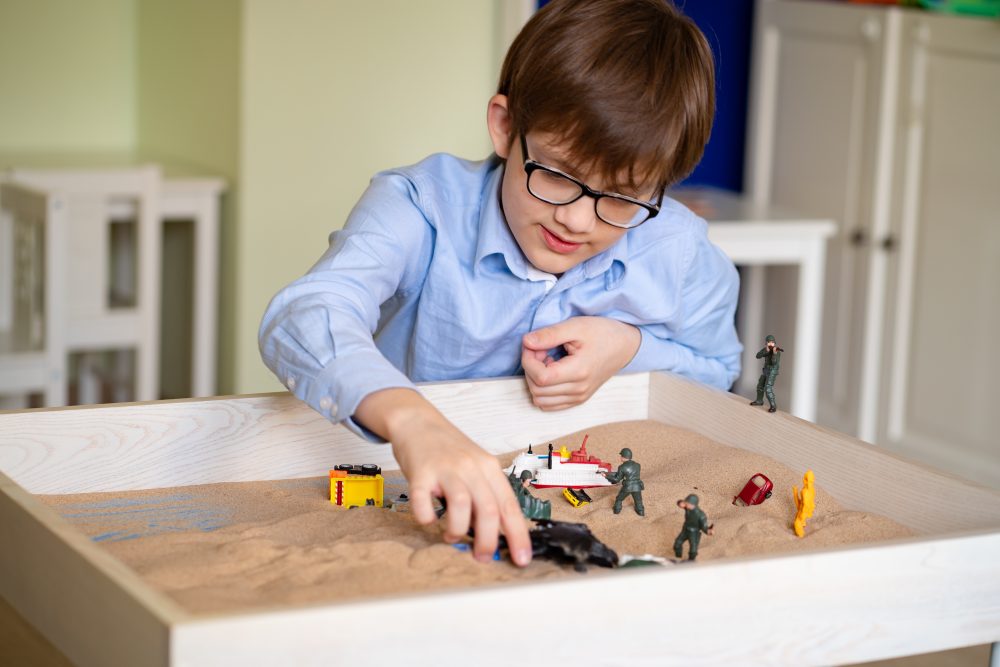The Benefits of Play Therapy for Children
We all want what is best for our children. Sometimes, we may notice patterns in their behavior that we are unsure how to remedy ourselves. For the younger children in your life, play therapy may be an option to help them handle their emotions in a more socially appropriate manner. Below are just a few of the valuable benefits of play therapy!

An Increase in Problem Solving Skills and a Decrease in Frustration
Problem solving is a skill that children will need to be able to utilize well into adulthood. As young kids, they may need to problem solve small things, like putting together a puzzle. But those skills needed to solve simple puzzles can translate into being a creative and competent adult. As we all know, there are many problems in life that are frustrating, but teaching children how to manage that frustration means they are more likely to turn it into an opportunity for growth and development.
Better Understanding of Emotions and Applicable Coping Skills
Some children have trouble understanding their own emotions. Because of this, they are unsure how to cope with them appropriately. Children who learn to properly identify their emotions and use healthy coping skills are less likely to engage in challenging behaviors, such as tantrums and aggression. This can also help them to understand how others would feel in similar situations.
An Increase in Perspective-Taking and Empathizing
Being able to empathize with others and understand their perspective is an extremely important trait to cultivate in children. Once they understand how other people are feeling, they are more likely to help them out instead of immediately getting angry and frustrated. Understanding someone else’s perspective is key to maintaining healthy relationships with others.
Development of Healthy, Appropriate Social Skills
We all know that having good social skills can go a long way, but these types of skills encompass more than just holding a conversation. Maintaining a conversation with peers and adults is useful, but children also need to learn about the nonverbal cues associated with maintaining relationships. Additionally, it is important that children learn how to take turns and wait appropriately as well as maintain personal space.
If you or someone you know has a child who could benefit from play therapy, we would love to help! Contact us today to get started.
